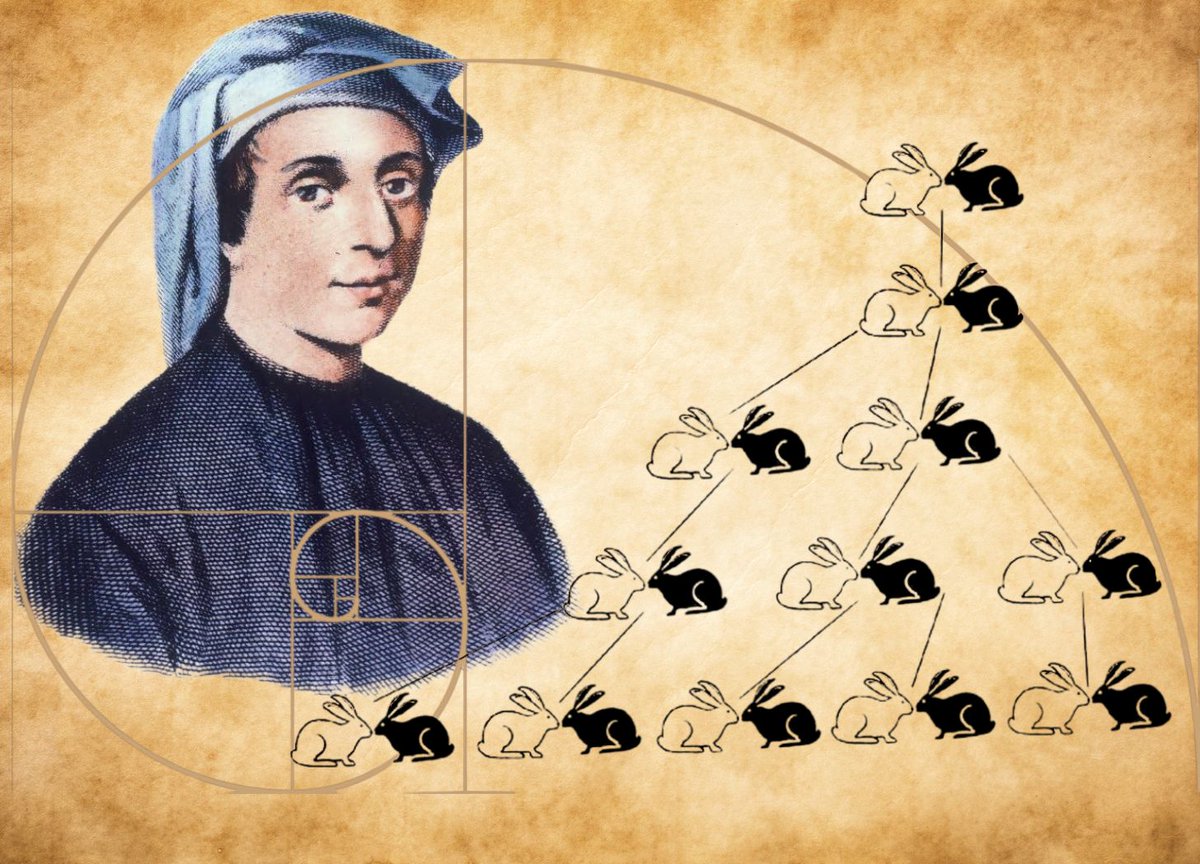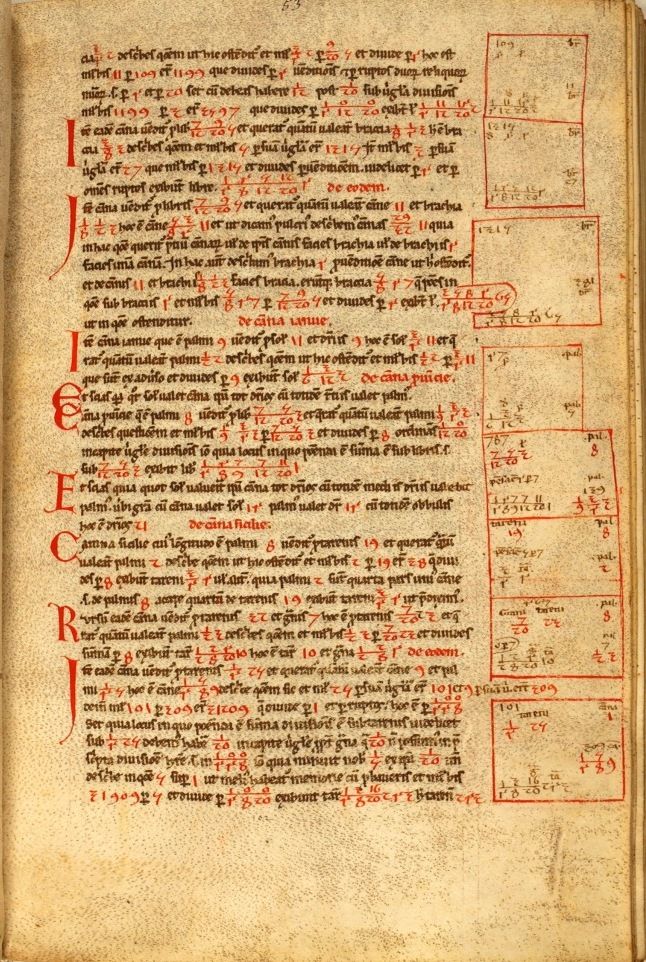Western Civilization has largely been a force for good.
A prime example is the British Empire. In many places it occupied it:
-raised the standard of living
-developed infrastructure
-promoted education
It also single-handedly ended slavery for much of the world…🧵
A prime example is the British Empire. In many places it occupied it:
-raised the standard of living
-developed infrastructure
-promoted education
It also single-handedly ended slavery for much of the world…🧵

Though Britain had been a global power since the early 17th century, it wasn’t until Napoleon's defeat at Waterloo in 1815 that it emerged as the dominant power.
By eliminating France from the world’s stage, Britain was left without a serious competitor.
By eliminating France from the world’s stage, Britain was left without a serious competitor.

The Vienna Treaty that followed favored the Brits, granting them territorial possessions like modern-day South Africa, Trinidad, and Sri Lanka.
These territories served as strategic naval bases Britain used to control its immense empire from all corners of the globe.
These territories served as strategic naval bases Britain used to control its immense empire from all corners of the globe.

The century following Napoleon's defeat is sometimes called the “Pax Britannica,” because of the relative prosperity enjoyed by Europe during this time. The presence of a single world power created stability and kept conflicts to a minimum. 

Britain’s unmatched navy is what maintained its dominance.
The British Royal Navy was more than twice the size of the next largest navy. Though their ships weren’t vastly superior to others’, their sailors were at sea continuously making them the best in the world.
The British Royal Navy was more than twice the size of the next largest navy. Though their ships weren’t vastly superior to others’, their sailors were at sea continuously making them the best in the world.

British ships controlled most of the key trade routes in Asia, North America, and Africa, allowing its merchants and traders an overwhelming advantage compared to other nations—Britain got incredibly rich off sea power. 

But Britain didn’t just use its Naval supremacy to fill its coffers. Its navy actually became a source of peace and stability.
British ships were on the frontline during one of the darkest episodes in Western history: the slave trade.
British ships were on the frontline during one of the darkest episodes in Western history: the slave trade.

Decades before the American Civil War and 13th amendment ended slavery in the US, Britain passed two anti-slavery laws: the “Slave Trade Act 1807” banning the slave trade around the empire, and the “Slavery Abolition Act 1833” which officially made it illegal to own slaves. 

Britain enforced its legislation via their strong navy.
Ship captains who were caught transporting slaves were subject to fine initially, but soon the Royal Navy declared all perpetrators of slave trading to be treated the same as pirates—the punishment for piracy was death.
Ship captains who were caught transporting slaves were subject to fine initially, but soon the Royal Navy declared all perpetrators of slave trading to be treated the same as pirates—the punishment for piracy was death.

Britain's ships were the “global policemen” in the 19th century, and along the West coast of Africa became highly successful in capturing slave ships and freeing slaves.
They basically declared war on the African slave trade in a move called the “blockade of Africa.”
They basically declared war on the African slave trade in a move called the “blockade of Africa.”

In 1808, a fleet called the West Africa Squadron was formed to patrol the African coast and catch slave ships. In the following decades they seized an estimated 1,600 slave ships and freed a whopping 150,000 Africans slaves. 

African kingdoms were also encouraged to sign anti-slavery treaties. Over 50 African rulers signed them, and for ones that didn't, “corrective action” was taken—sometimes fighting slavery meant using the full force of the British Navy. 

While some illegal trade continued in far-off regions, by the middle of the 19th-century the Atlantic slave trade was almost completely eradicated.
Slavery outside the empire’s jurisdiction, however, would continue for hundreds of years in some places.
Slavery outside the empire’s jurisdiction, however, would continue for hundreds of years in some places.

No nation on earth did more to eliminate slavery than Britain.
Though empires are often viewed as inherently tyrannical, Britain’s war on slavery shows that immense power can, in some cases, be channeled for good.
Though empires are often viewed as inherently tyrannical, Britain’s war on slavery shows that immense power can, in some cases, be channeled for good.

Though its rule wasn't always benevolent, Britain's success against slavery is proof that Western powers have often used their immense power for the benefit of mankind. 

Enjoy this content?
By subscribing to our newsletter, you'll get access to our reading list:
"The 33 Books That Shaped the Greats"
And new articles in your inbox, every week👇
atlaspress.co
By subscribing to our newsletter, you'll get access to our reading list:
"The 33 Books That Shaped the Greats"
And new articles in your inbox, every week👇
atlaspress.co
• • •
Missing some Tweet in this thread? You can try to
force a refresh























